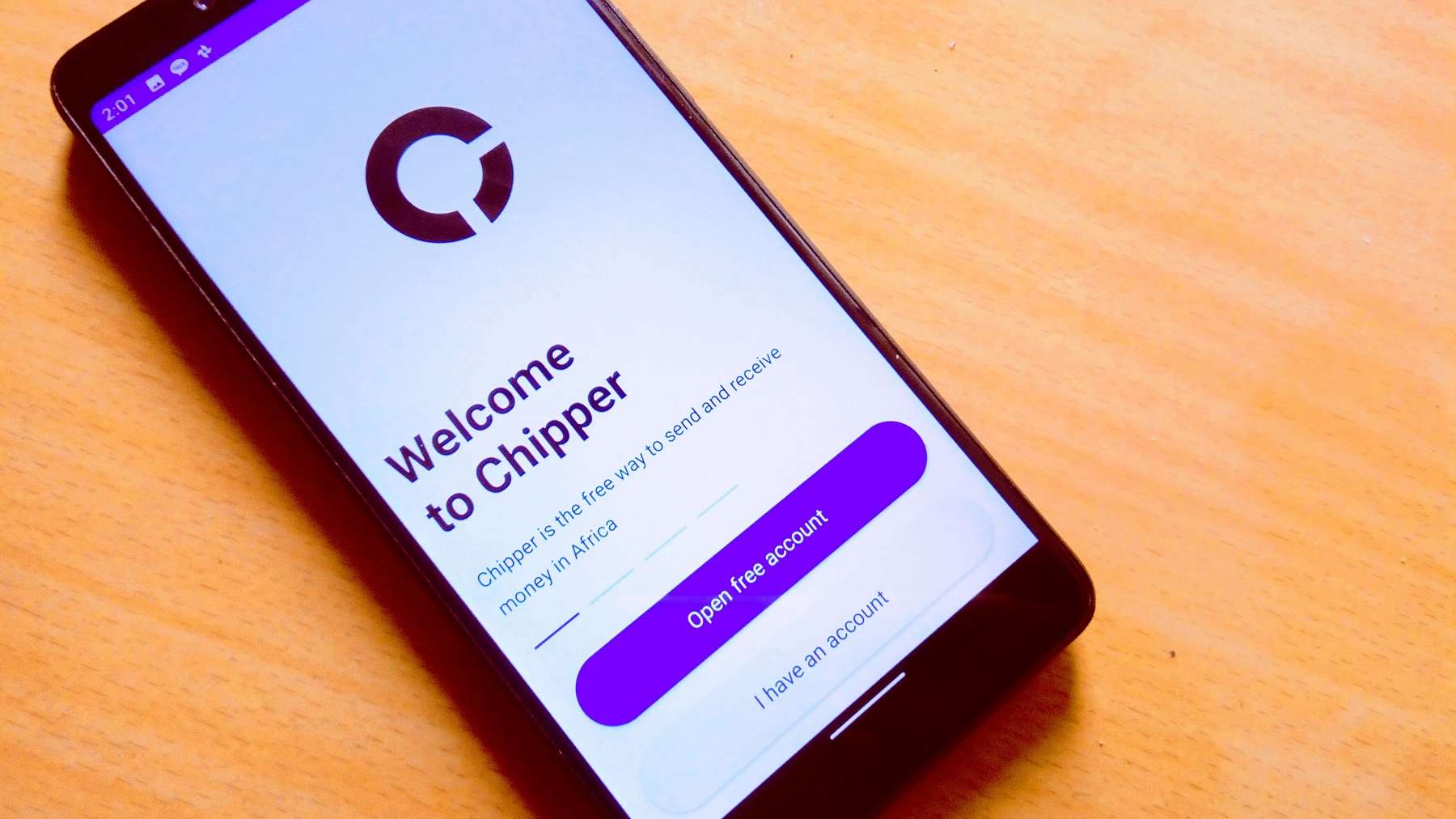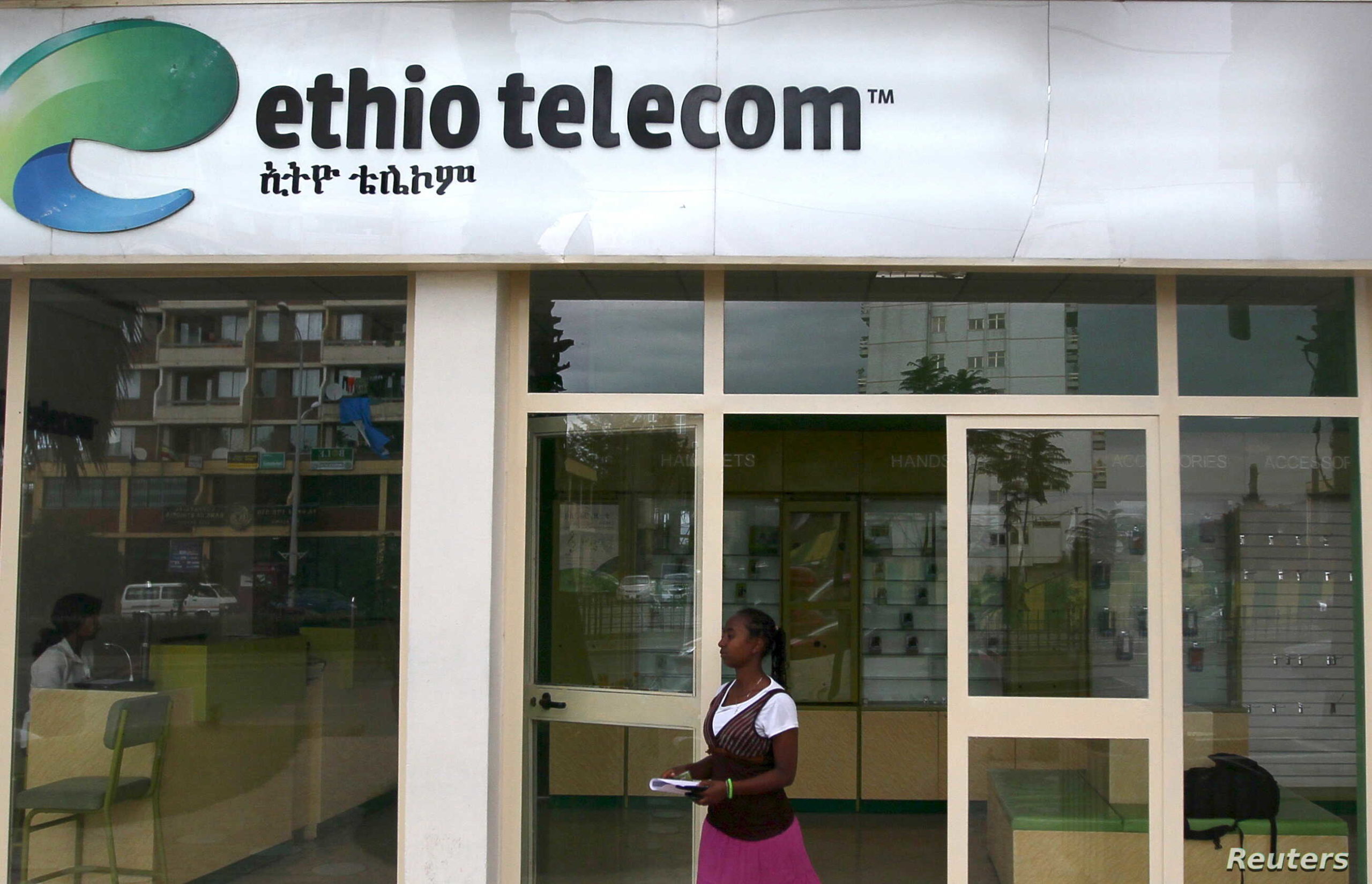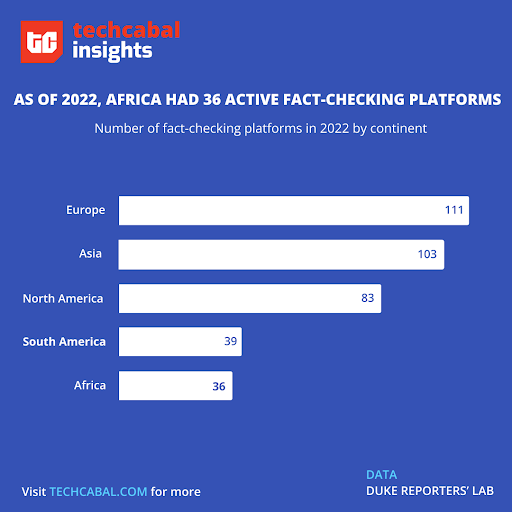
IN PARTNERSHIP WITH

Good morning 🌞
ICYMI: We launched something exciting last week.
Our new video series called “My Startup in 60 Seconds” features startup founders who share the unique problems they’re solving for Africa in one short minute.
In Episode 1, Adeola Ayoola tells us why she’s building Famasi Africa, a healthtech simplifying Africans’ access to medication.
CRYPTO MARKET

|

|

|
|---|---|---|
|
Bitcoin 
|
$24,443 |
– 0.78% |
|
Ether 
|
$1,675 |
– 0.64% |
|
BNB 
|
$311 |
– 1.12% |
|
Solana 
|
$24.33 |
+ 3.97% |
|
|
Source: CoinMarketCap
|
|
* Data as of 21:20 PM WAT, February 19, 2023.
CHIPPER CASH LAYS OFF STAFF…AGAIN

Two months after laying off 12.5%—50 people—of its workforce, fintech unicorn Chipper Cash is enforcing a second round of layoffs.
Now, the startup has laid off one-third of its 350 workers—about 100 workers—across different departments. According to VP of revenue, Stefano Pardi, who bade farewell to the team in a LinkedIn post, several departments including its HR, product, marketing, legal, and UX teams were affected.
One source revealed to tech publication TechWeez that some departments lost more than half their staff while others like the startup’s business development department were allegedly almost obliterated, leaving only single employees. The startup’s crypto team has also reportedly been scrapped.
While Chipper Cash is yet to confirm what drove this latest round, one affected employee in a LinkedIn post attributed the layoffs to the economic downfall in the tech industry.
In total, Chipper Cash has raised $337 million in seven funding rounds since its founding in 2017.
ETHIOPIA PROPOSES $150 MILLION AS MOBILE MONEY LICENCE FEE

Ethiopia might be opening up its telco economy, but it’s not doing so cheaply.
Last week, the National Bank of Ethiopia proposed $150 million as the licence fee for all mobile money operators who want to set up shop in the country. This news comes ten months after the Central Bank of Ethiopia announced that it would allow other mobile money services to operate in the country.
According to the draft signed by system director Damtew, the fee is an “investment protection fee”, which is the amount paid by foreign investors who are interested in businesses exclusively reserved for domestic investors.
This also comes two years after Ethiopia ended its decade-long monopoly of the country’s telco industry. In 2021, it sold part of a 40% stake to Safaricom for $850 million. In October 2022, Safaricom became the second telco in the country, and days later, the telco announced that it had secured a licence to operate mobile money services in the country.
If this proposal passes, Safaricom will have to pay the $150 million fee in order to operate in the country.
Zoom out: Meanwhile, last Thursday, Ethiopia’s finance ministry announced that it is now looking to offload 45% of its stake in Ethio Telecom instead of the 40% it originally announced in 2021.
Receive money from family and friends living abroad in minutes this holiday season with $end.
Visit send.flutterwave.com and do it now!
This is partner content.
CCHUB TO LAUNCH $15 MILLION ACCELERATOR PROGRAMME

Great news for African edtech startups!
Last week, Co-Creation Hub (CcHub), an innovation lab headquartered in Nigeria, announced the launch of an accelerator programme that will commit $15 million to support 72 startups in Nigeria and Kenya.
According to the hub, its EdTech Fellowship Programme will provide selected startups with $100,000 in funding. The accelerator will also provide expert support across product development, government relations, pedagogy and learning science, portfolio management, communication, instructional design, and community building to the selected startups.
Bosun Tijani, CcHUB’s CEO, told TechCrunch in an interview, “Over the next three years, we will have 72 edtech companies launched into the market. We believe this will kickstart the ecosystem and reboot it afresh because, out of that number, at least you’re sure about half or 20–30% of them would live for another three to four years. And that will allow us to know if technology can truly work for education in Africa.”
According to Tijani, there is also a provision for follow-on investment to the tune of $50 million that will cater to the seed and Series A stages for the startups, to which an anchor investor has already contributed $5 million towards.
There are presently 181 edtech companies in Africa with a cumulative funding of $1.1 billion so far. CcHub’s new venture will see to the creation and success of many more.
TC INSIGHTS: FACT-CHECKING AFRICAN ELECTIONS WITH AI
As of 2022, there were 384 million social media users in Africa, making social media an easy way to access news and information for Africans. Yet, this comes with its risks. The easy accessibility of information means fake news can spread widely, making it hard for internet users to trust what they consume online.
According to a study done at the University of Sheffield, almost half of African media consumers are increasingly exposed to misinformation every day.
Ahead of upcoming 2023 elections scheduled to take place in Nigeria, Sierra Leone, Sudan, Liberia, DR Congo, Chad, and Zimbabwe, there has been an increase in fake news across diverse social media platforms that could undermine the integrity of the elections. While fact-checking plays a key role in fixing this, there are not enough human fact-checkers on the continent to keep pace with serving the public with verified claims, given the massive and high-speed flow of political misinformation during elections.

Automated fact-checking (AFC) could help reduce the spread of online misinformation with tools driven by artificial intelligence like Storyzy, Emergent, Full Fact, Twitter Trails, Lazy Truth, ClaimReview, Factstream, etc. With growing use around the world, adopting them can assist local fact-checkers in the processes of identifying or verifying fake news and information in real time, and retrieving relevant evidence to debunk misleading claims as they arise.
Abideen Olasupo, founder of Nigeria-based FactCheckElections, believes the adoption of automated fact-checking in tackling election misinformation is still in its early stages in Africa, as there is a long way to go before the approach becomes widespread. “One challenge is the limited access to technology and the internet in many African countries, which makes it difficult to reach a wide audience with fact-checking information,” he told TechCabal. “Another is the limited funding for fact-checking platforms, which can make it difficult for them to scale their operations.”
Meanwhile, automated fact-checking may not accurately detect misinformation spread through visual content and complicated claims. Adesola Ikulajolu, fact-check lead at RoundCheck, said the limitation of automated fact-checking is when verifying certain misinformation that can only be done via human verifications like phone calls and emails. “This is because automation can only work perfectly to the degree to which it has been programmed,” he told TechCabal. Ikulajolu recommends that for automated fact-checking to be fully adopted for elections in Africa, there should be a deliberate coalition of fact-checkers to provide verified information and authoritative data to be programmed.
Equipping African fact-checkers with automated fact-checking tools and skills will help maximise their impact during elections. Most importantly, building a shared infrastructure by independent fact-checking organisations to improve usability and interpretability can also drive the adoption of this AI model of fact-checking on the continent.
Thank you for reading our data story column. We’ve prepared a survey to fill out to help us serve you better here.
Get all our reports here and watch videos from our events. Got any research requests? Send them to us here.
IN OTHER NEWS FROM TECHCABAL
How embracing digital channels turned AKA into a mega star.
Explainer: Understanding key concepts in private equity.
Nine things to consider when buying a used laptop in Nigeria.
JOB OPPORTUNITIES
- TechCabal – Associate Editor, Senior Reporter, Reporter – Africa
- Zikoko – Managing Editor – Lagos, Nigeria (Remote possible)
- Big Cabal Media – Commercial Director, Head of Growth – Africa
- Big Cabal Media – Software Developer, Senior Product Manager, Sales Associate, Senior Sales Manager, Executive Assistant – Lagos, Nigeria (Hybrid)
There are more jobs on TechCabal’s job board. If you have job opportunities to share, submit them at bit.ly/tcxjobs.


















